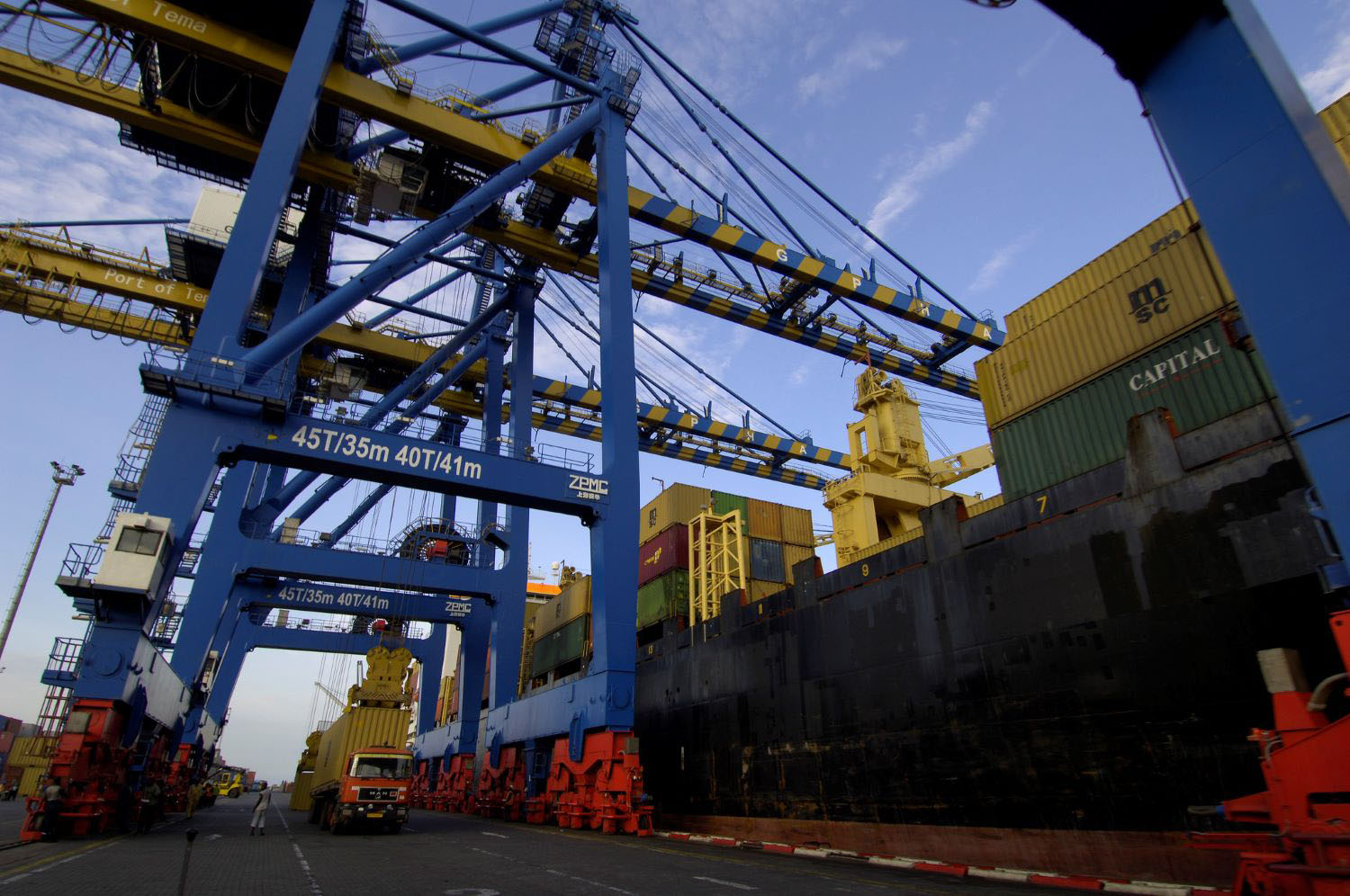In an Op-Ed today's Washington Post (free registration required), our neighbor Fred Bergsten, the director of the Peterson Institute, argues that "globalization is paying off for the United States just when we need it" and that we should be pursuing more trade agreements to open markets. He writes that while the U.S. presidential candidates
deserve credit for recognizing the challenges posed by trade and investment, their tone obscures a major success story: the dramatic improvement in our balance of international trade. This export boom has saved us from recession over the past year and, despite the recent financial turmoil, is likely to continue doing so. It is generating at least 2 million new and high-paying jobs, about half of them from increased foreign sales by the beleaguered manufacturing sector.
I think that Fred is right that globalization and trade can provide positive benefits for the United States, but in my view his Op-Ed is too sanguine about the political obstacles we face at this time.Yes, globalization has proven to be a powerful force for positive change in the international system, with market liberalization, economic integration, and technological innovation leading to both poverty reduction and prosperity for millions of people in developed, emerging and developing countries. But in spite of this progress, anxiety about a global race to the bottom remains, and along with that a tangible public backlash against further change.Questions on a wide range of globalization-related issues -- rising income inequality, the dissolution of long-standing social compacts and communities, environmental sustainability, the volatility of financial markets, the accumulation of debt and so on -- have not been answered in an effective fashion. As a result we now see voters in rich and poor countries opposing further liberalization and integration. When individuals and communities no longer feel they realistically benefit from globalization, and they see inequity instead of opportunity in their immediate future, there is little incentive to support government policies that threaten their welfare. Trade agreements are an easy target for their discontent. (The harsh tone of the
comments on Fred's Op-Ed on Washingtonpost.com may also reflect this discontent.)The next president will need an integrated response to globalization. A viable vision for the future would recognize that the programs currently in place in the United States were created for another set of international circumstances and are badly outdated. Innovative policies that mitigate the uncertainty and insecurity that come with constant change and create the foundation for economic growth must be pursued. This includes funding and implementing policies that protect workers from the process of "creative destruction" that is now an inevitable component of our lives.The policy choices that we make at home define our capacity to address policies for the developing world. Economic growth, poverty alleviation, and political stability in the developing world are linked directly to our own national security. Re-establishing the public support necessary to stay engaged in the global community and promote multilateral initiatives is essential. But speaking only of the benefits of trade while ignoring the problems we face now in the United States does not get us to where we need to be.
CGD blog posts reflect the views of the authors, drawing on prior research and experience in their areas of expertise.
CGD is a nonpartisan, independent organization and does not take institutional positions.





